I didn’t start volunteering with some master plan or big strategy.
I saw a call for volunteers for a learning conference and thought — why not? 🤷
I was curious, a little stuck in my career, and honestly, I just wanted to do something different. Meet new people. Learn a thing or two. Maybe even have some fun.
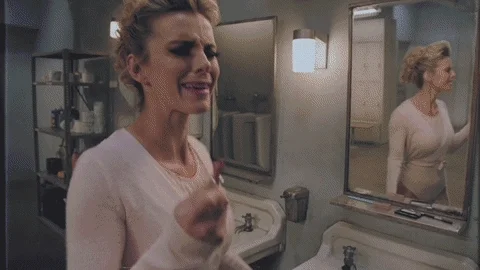
But here’s the twist!
What started as “just helping out” turned into a real transformation. I went from writing captions and running the learning community's social media after a conference to managing a whole team of volunteers.
And that wasn't all — before I knew it, I wasn’t just volunteering anymore — I was building serious, transferrable skills that supported my new career journey.
Volunteering is like the ultimate plot twist in your career story! 📖✨
Volunteering = Secret Skill Upgrade 🛠️🚀
Behind the scenes, volunteering sneaks skills into your toolkit.
It's like training mode — but way more fun.
How? 🤔
1. It's Real-World Practice
Volunteering drops you straight into hands-on experiences — without needing a fancy degree or long job history.
 Photo by The Jopwell Collection on Unsplash
Photo by The Jopwell Collection on UnsplashWhile planning events, managing people, creating content, or solving problems, you're already building transferable, real-world skills.
This hands-on experience sticks better than textbook learning.
2. You’re Not Under Pressure to Be Perfect
You’re allowed to learn as you go. There’s less fear of failure because the stakes are lower than in paid jobs.
 Photo by Resume Genius on Unsplash
Photo by Resume Genius on UnsplashMistakes are treated as learning opportunities, not something that ruins your chances.
3. You Try New Things — Safely
 Photo by Riccardo Annandale on Unsplash
Photo by Riccardo Annandale on UnsplashVolunteering helps you try out new skills without pressure or fear of messing up.
Want to try public speaking? Lead a team? Host an event? There’s room to explore.
And if you mess up? No big deal — it’s all part of the growth. 💪
Volunteering is like a real-life skill gym where you can train without the fear of a workout injury. 🏋️♂️
You're Not Just Helping — You're Building
Volunteering isn’t just about you doing good or helping — it’s skill-building in disguise. 🎯
You Develop Soft Skills (the Real MVPs) 🌟
Volunteering sharpens the skills that make you stand out: communication, teamwork, empathy, adaptability.
You learn how to work with different personalities.
You get better at listening, giving feedback, and collaborating toward shared goals.
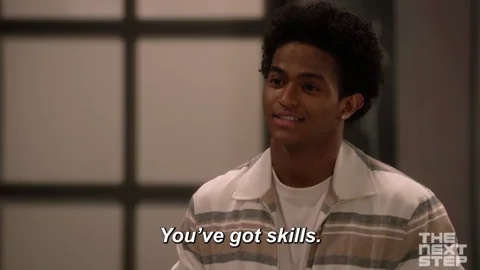
Volunteering gives you emotional intelligence on autopilot.
— Adam Grant, organizational psychologist
Soft Skills — Why They Matter
They Help You Work Well with Others

Communication skills: Good communication helps you share your ideas clearly and understand others better — at work and in life.
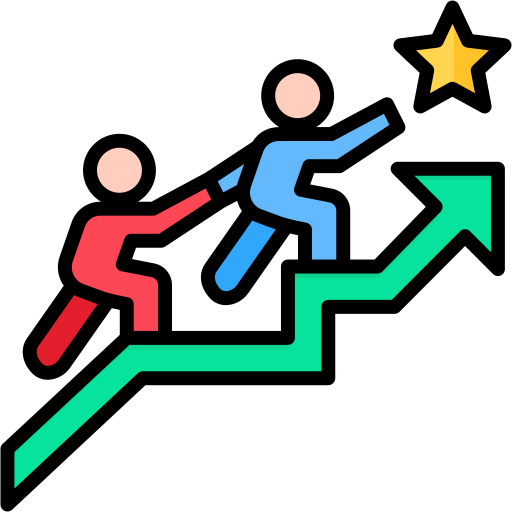
Leadership & teamwork: Most jobs need teamwork — knowing when to lead and when to support makes a big difference.
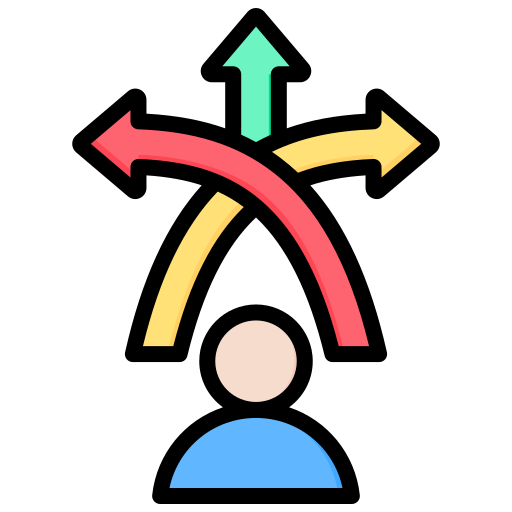
Adaptability & flexibility: Things change fast. If you can go with the flow and adjust quickly, you’ll do great in any situation.
They Help You Get Things Done

Problem-solving: When something goes wrong, being able to fix it quickly is a useful skill in any job.

Creativity and innovation: New ideas help teams grow, whether you’re running a business, starting a project, or helping people.
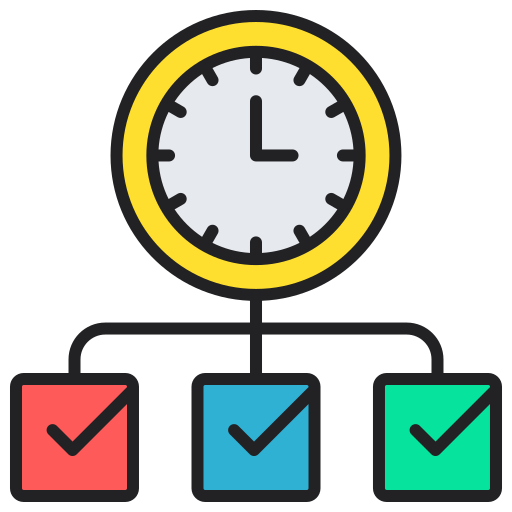
Time management: Being on time, staying organized, and finishing tasks shows people they can count on you.
Quiz
You’ve been helping out with planning a fundraising event. They ask you to design a flyer for it — though you’ve never done it before, you decide to give it a try, and finally create something the team likes. What skills are you most likely building?
Hard Skills — Where They Matter
Beyond soft skills, volunteering can sneak in technical know-how that aligns with your interests—no matter the field.
Here’s what you might unlock: 👇

Graphic design: Branding, marketing, communication jobs.

Project management: Business, logistics, operations, HR.

Data entry & analysis: Admin roles, research, finance, analytics.

Writing & content creation: Journalism, advertising, education.

Public speaking: Leadership, teaching, advocacy.

Basic tech & office tools: Any modern workplace.
Have the Right Mindset

The right mindset can turn every small task into a learning opportunity:
Growth mindset: Believe you can improve through effort. ✅
Curiosity over comfort: Ask questions and explore new roles — even if they feel scary at first. 🔍
See value in small tasks: No task is too small! 🧩
Ask for feedback: Seek feedback, reflect on it, and use it to improve — don’t take it personally. 🗣️
Team player mentality: Learn from others and notice how group dynamics work. 🤝
Be a skill spotter: Pay attention to what you're learning. Notice which soft or hard skills you’re picking up during tasks. 🧠
Quiz
At a youth center, you’re asked to organize name tags — nothing too exciting. What should you do while you're completing task?
Take Action
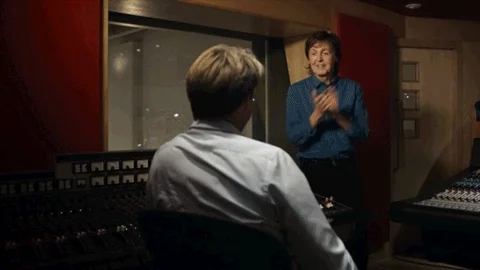
Ready to make your own transformation?
Your feedback matters to us.
This Byte helped me better understand the topic.
